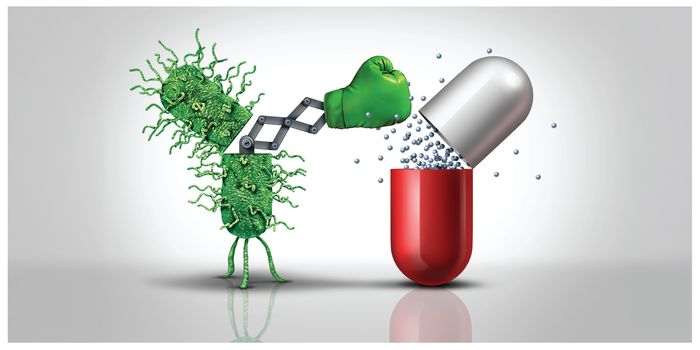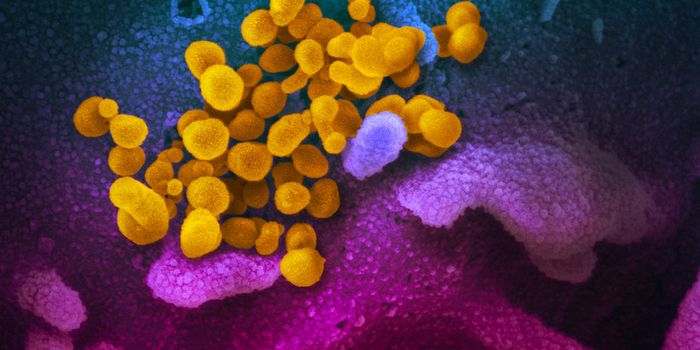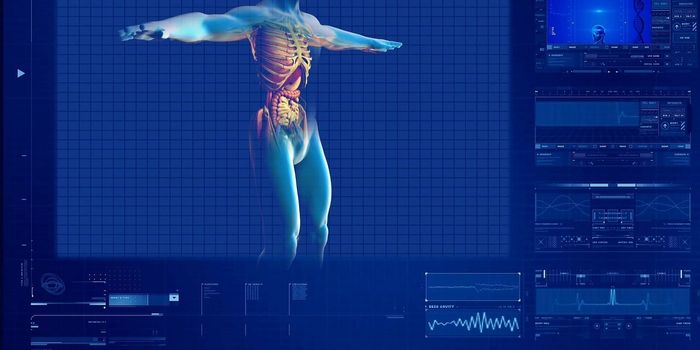A Faster Way to Diagnose Heart Attacks
Instead of the usual hour-long wait for routine lab results, a new blood test could allow doctors to diagnose a heart attack in as little as 20 minutes. This leap in diagnostic efficiency could become routine in the next five years in the UK.
Heart-related diseases are the number one killer of men and women in the US. In particular to heart attacks, this condition claims the lives of 7 million people annually. But while we have all been conditioned to understand that a heart attack is a serious health threat that requires immediate medical intervention, what exactly goes on in the body during this event?
Fundamentally, a heart attack occurs when blood flow to a section of the heart is interrupted due to some obstruction. When this happens, that part of the heart can't get oxygen and becomes damaged. And because the heart is a vital organ that pumps blood to the rest of the body, a heart attack is no joking matter.
Researchers from King’s College London observed that a heart attack event prompts the prominent rise of one protein in particular - cardiac myosin-binding protein C (cMyC). The levels of this protein following a heart attack even surpasses that of the troponin protein, the researchers found.
Leveraging this observation, the team developed a blood test that analyzes levels of cMyC to quickly diagnose the presence of a heart attack. In a study of nearly 2,000 patients with acute chest pain, the cMyC test performed as least as well as, if not better than, traditional tests that look for troponin levels.
"Our research shows that the new test has the potential to reassure many thousands more patients with a single test, improving their experience and freeing up valuable hospital beds in A&E departments and wards across the country,” said Dr. Tom Kaier, one of the lead researchers.
Dr. Kaier estimates that with routine practice, the test could cut diagnostic time of heart attacks from hours to minutes, and save thousands of dollars in the process.
"Unlike currently available blood tests which need to be repeated at least three hours after pain it looks as though a single test is enough to make a confident decision on whether a patient has or has not suffered a heart attack. Not only can it be done earlier after the onset of symptoms but it also seems to be better at discriminating between heart attacks and other causes of chest pains. This is very important,” said Prof Simon Ray, from the British Cardiovascular Society.
Additional sources: BBC









